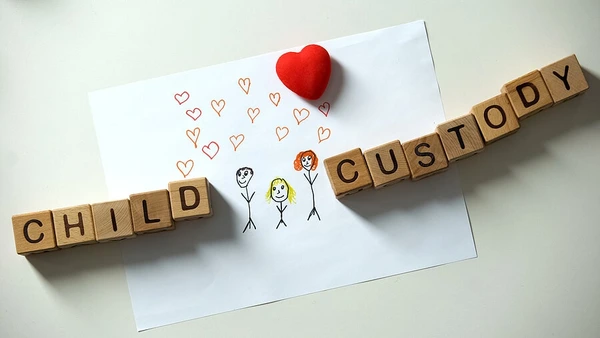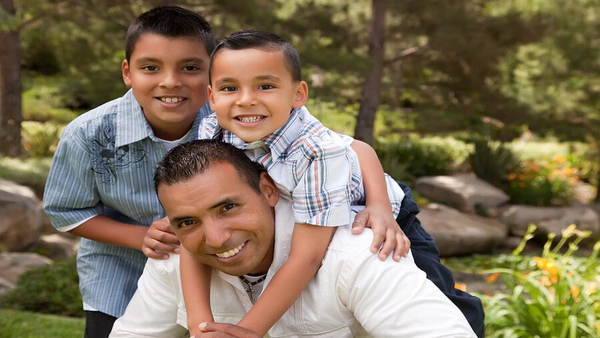What is Child Custody?
Although commonly known as custody, ‘residence’ is the modern legal term given to where a child lives most of the time following the break-up of their parents. The parent with custody is responsible for making the day-to-day decisions to do with the child’s care, while non-resident parents are given specific contact arrangements. Child custody can refer to many parental concerns, including:
-
Which parent a child lives with
-
How a child’s contact with their parents is shared
-
Possible contentious issues, such as healthcare and where the child goes to school
-
Whether a parent can take their child out of the country
Child Custody and Parental Responsibility
Child custody is not the same as parental responsibility. Having ‘parental responsibility’ gives you certain rights and responsibilities towards your child’s general wellbeing, including:
-
Providing a home
-
Providing protection and maintenance
-
Enforcing discipline
-
Agreeing to medical treatment
Child custody, however, is a specific legal arrangement that sets out how your child’s upbringing and contact should be split between you and your ex-partner after getting divorced. This means that you can have parental responsibility without having custody of your child.
Joint Custody
Child living arrangements where both parents have equal responsibilities are increasingly seen as being best for a child’s wellbeing. Joint custody, or ‘shared residency’, gives both parents custody, meaning that the child spends equal time with both parents. The benefits of joint custody agreements include:
-
You continue to share parenting responsibilities
-
Your child has the stability and security of having two homes
-
Your child continues to enjoy real family life with you and your ex-partner
How is Child Custody Determined?
In most cases, you can achieve joint custody after a divorce without going to court if you can both agree on:
-
Where your child will live with you or your partner when it is your ‘turn’
-
How long each of you will get to spend with your child
-
How each of you will support your child financially
You can employ a solicitor to draw this agreement into a legally binding parenting plan or visitation schedule. Making your agreement with your ex-partner legally binding gives both of you more protection, should either of you feel differently about how you want your child’s living arrangements to be shared in the future.
When you need help to agree
If discussions with your ex-partner break down, there are things you can do to get help without needing to go to court. Typically, this would involve bringing in a third-party to help you reach a compromise that is best for your child’s wellbeing. This third-party could be:
-
An experienced family law solicitor who can negotiate contact arrangements on your behalf. Legal aid may be available to you to help cover the costs.
-
A family mediator who can help you to compromise by promoting understanding between your partner and yourself. The cost of mediation varies but legal aid may be available to you if you are on a low income. A solicitor can help to make your agreement legally binding.
When agreement is impossible
In many cases, divorcing parents decide between themselves what is best for their child’s living and contact arrangements. However, there are times when agreement is impossible, such as marriages where there has been a history of violence and abuse. If you are unable to reach a shared child arrangement with your ex-partner, you can file a standard contact order to court. If your contact order is successful, the court would grant you most of the responsibility for your child’s upbringing. You would then have sole custody of your child, with your ex-partner being granted certain contact rights.
In principle, a court may respond to a standard contact order by granting either parent sole custody. However, the court’s consideration for the child’s wellbeing means that custody has typically gone to the child’s mother. These considerations include:
-
How both parents have nurtured the child since birth
-
The likely future ability of both parents to provide care
-
Behaviour and personality traits of the parents
-
The wishes of the child
Only appeal to court as a last resort and always seek quality legal advice. The court process can be expensive, disruptive, and painful. Most importantly, the court may not grant your desired outcome.






